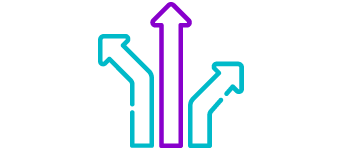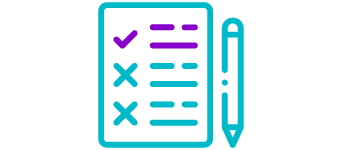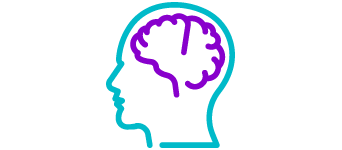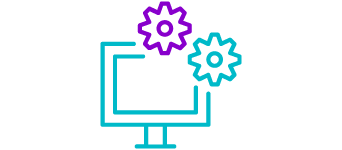What is Deep Brain Stimulation?
Although it is not a cure, Deep Brain Stimulation (DBS) is a safe and proven medical treatment that has helped hundreds of thousands of Parkinson’s, Dystonia and Essential Tremor patients manage their symptoms when medication alone was no longer effective.
DBS uses a small, surgically-implanted device called a “stimulator” to send signals to a targeted portion of your brain. This stimulation can improve your motor function by reducing symptoms such as tremor, slowness, and rigidity.
For many Boston Scientific patients, this procedure has been life-altering.
How does Deep Brain Stimulation work?

Is Deep Brain Stimulation effective?
Not all movement disorder’s patients are affected by the disease in the same way. The severity, type, and recurrence of any symptom will vary by individual. As will his or her response to Deep Brain Stimulation treatment. But quite often, DBS allows movement disorder’s patients to reduce the amount of medicine they take and live free from disruptive side effects such as uncontrolled movements, incontinence, and moodiness.
What is the journey of Deep Brain Stimulation?
Your DBS journey can involve 6 phases, so the whole journey can take some time from start to finish. You will have support throughout and after your Deep Brain Stimulation journey from your specialist team.
The first step of your journey is understanding if you could be an eligible candidate. Speak to your nearest Neuro-centre to see if DBS is a solution for you or request a referral from your General Practitioner to speak to a movement disorder Neurologist.
In this stage, you’ll go through a series of screenings to ensure that you’re a good candidate for DBS. These may include a neurological consultant, ON/OFF testing, a neuropsychological evaluation, a general health screening, brain imaging, and routine lab work.
The first step in the surgical process is to place the leads in the brain. During surgery, your specialist may perform tests to ensure that the leads are positioned correctly by asking you to move your arms and legs or make other simple movements. Other surgeons perform the test whilst you are asleep. The surgery can range from 4-8hrs in length. Afterwards, expect to stay in the hospital at least overnight for monitoring.
This is a surgical procedure that may happen at the time in which the leads are implanted or several weeks after. When the stimulator is implanted, you’ll be under general anesthesia, and the stimulator will be connected to your leads via the extension.
Following surgery and recovery, your DBS system will be turned on and the stimulation settings will be customised for you, but it does not happen overnight. It can take anywhere from a few months to almost a year to adjust the device settings and medications to fit your unique needs. After surgery, postoperative outpatient assessments are conducted regularly by specialist movement disorder team who will optimise your stimulation programme.
Once you have obtained optimal response to your DBS system, you will have less dependency on consultancy appointments, as follow up appointments will be reduced. You will be provided with care instruction packages by your physician.
Always remember your specialist team are there to help and provide guidance, even if you have achieved optimal response to your DBS system, we are with you every step of the way.

Do you want to hear from patients and experts?
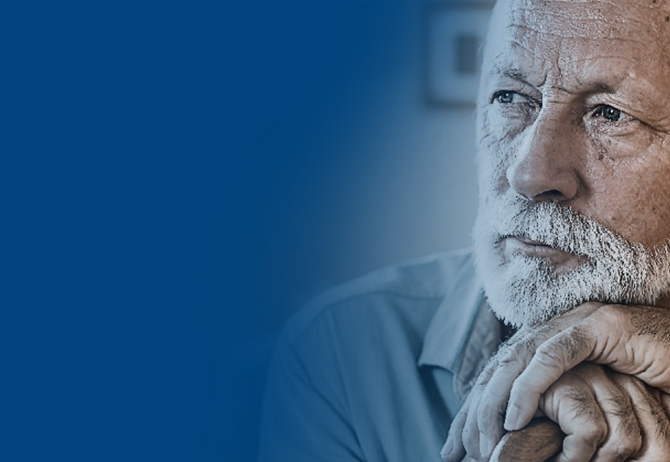
Find your nearest DBS specialist





















